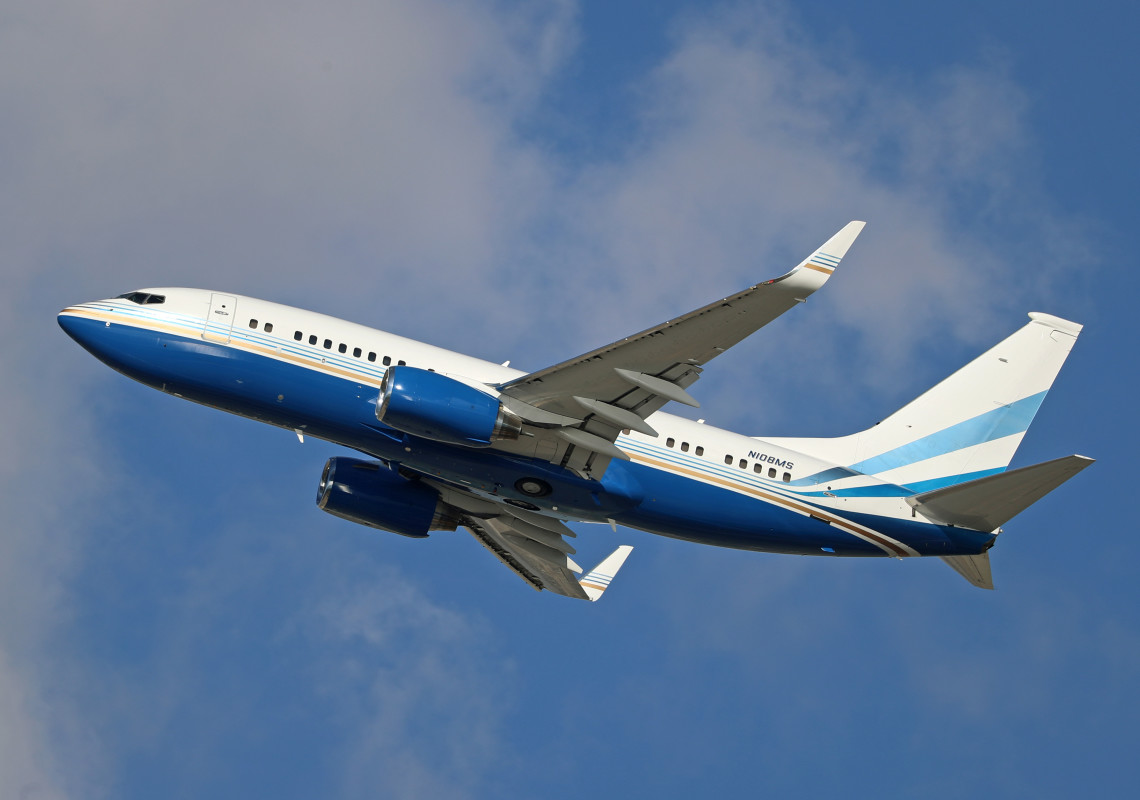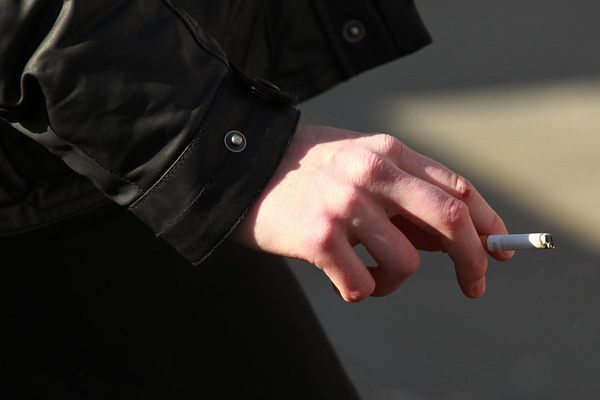
After a series of safety and quality control issues involving its aircrafts, Boeing is letting employees know that any further cracks in the system will have a large impact on their bonuses.
The aircraft manufacturer just announced to its employees in its Boeing Commercial Airplane division on March 6 that 60% of their annual bonuses will be based on safety and quality metrics, according to a recent report from The Wall Street Journal.
Related: A major airline is raising its prices and closing a beloved loophole
Before, 75% of their bonuses were tied to financial metrics, and only 25% were based on safety and quality.
“It’s very, very important to drive the outcomes that we’re all committed to, and that’s to deliver a safe and quality product to our customer,” said Boeing Chief Operating Officer Stephanie Pope in an employee meeting.
The move from Boeing comes after the company made headlines in recent months for several emergency incidents involving its aircrafts. One of the most extreme incidents that took place was on Jan. 5 where an Alaska Airlines flight had to make an emergency landing after a door plug blew off of the Boeing 737 Max 9 mid-flight.
The incident earned the company a lawsuit from passengers on the flight who are suing Boeing for $1 billion in damages.
“Further inspections should have been made before the aircraft was placed in service,” said Attorney Jonathan Johnson who announced the lawsuit in a press release. “It seeks to hold Boeing accountable for its negligence which had caused extreme panic, fear, and post-traumatic stress. This experience jeopardized the lives of the 174 passengers and 6 crew members that were on board.”
The Federal Aviation Administration also launched an investigation into Boeing 737-9 Max shortly after the incident made headlines and found “non-compliance issues in Boeing’s manufacturing process control, parts handling and storage, and product control.”
The incidents involving Boeing aircrafts have been piling up in recent weeks. Most recently, a tire fell off a United Airlines aircraft shortly after it left San Francisco International Airport on March 7 to head to Osaka, Japan.
The aircraft, which was a Boeing 777-200 that was carrying 235 passengers, had to make an emergency landing back at the airport it departed from. Even though there were no reported injuries, the wheel that fell off the aircraft did end up damaging a fence, windshield and a Tesla.
Related: Veteran fund manager picks favorite stocks for 2024







